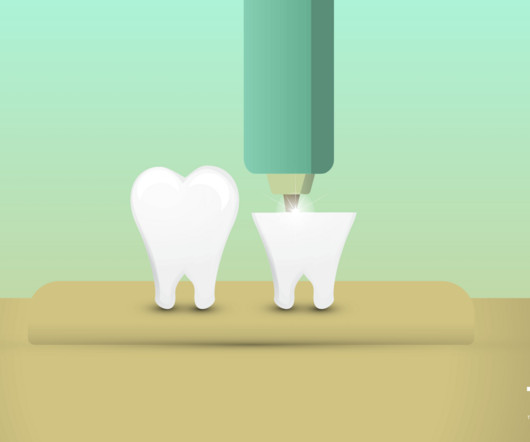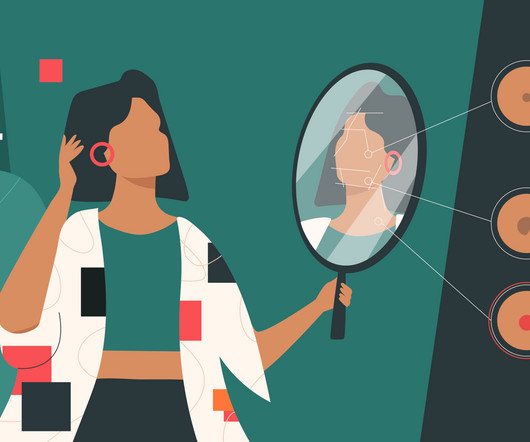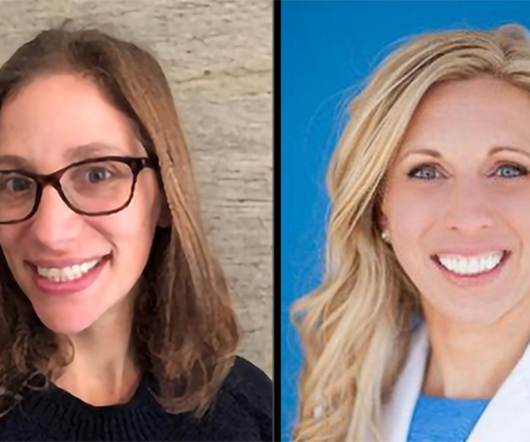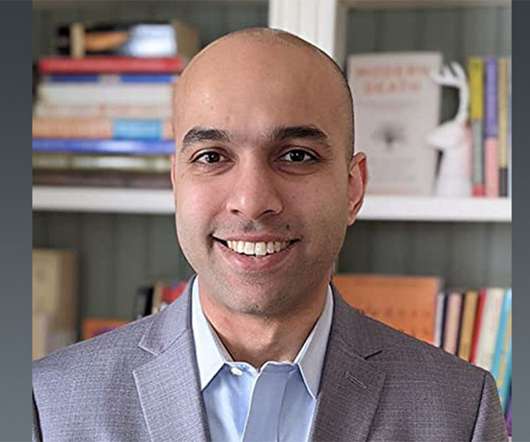9 Technologies That Will Shape The Future Of Dentistry
The Medical Futurist
JUNE 17, 2025
For dentists, it’s transforming diagnosis, decision-making, and treatment planning. AI in oral and maxillofacial pathology: early detection, targeted treatments Oral cancers and other serious issues can lurk undetected with biopsies being the only way to diagnose them. This means faster results and less guesswork.













Let's personalize your content